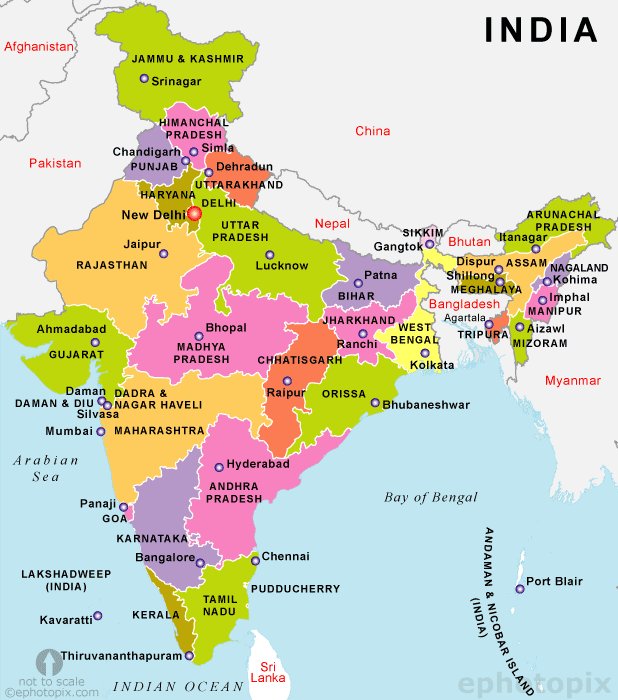"What do you do" comes up a lot. My main job is to ensure developers are successful. What exactly does that mean?
Every morning I check the developer community for issues and questions. That's GitHub, Stack Overflow, Google+, and anywhere else.
I answer questions, but some are legitimate issues. I create bugs internally for PMs to address.
Sometimes they find issues in our documentation. We work closely with the tech writers, so fixes are quick.
For new features, a lot can be done: samples, docs, blogs, videos, social, etc.
We also make sure our docs explain not just how, but what.
We also are the API 0th customer.
But that's not all. We regularly do things that are irregular.
Every few months I give a talk at a conference, though others do it more frequently.
Workshops are great to see developers running into roadblocks that seemed obvious, which is helpful.
From this we can create bugs, feature requests, and fixes to code/docs
The experimental stuff is more fun, and also valuable. It can help highlight current platform issues by doing something real. Feedback docs are good.
GitHub stars, questions answered, projects created, developers reached, library downloads, blog reads, and others can correlate with a good community.
Our community helps keep us straight, especially our developer experts, whom we meet with monthly. Lots of their candid thoughts help.
Sometimes I get emails from these large partners given my aid in the broader community.
I enjoy my job. It's challenging, as our work is flexible and self-driven.
But for a successful dev community you need to listen. Listen to dev issues and ideas. Even if you can't solve them, showing up will keep them invested.
Fin.












